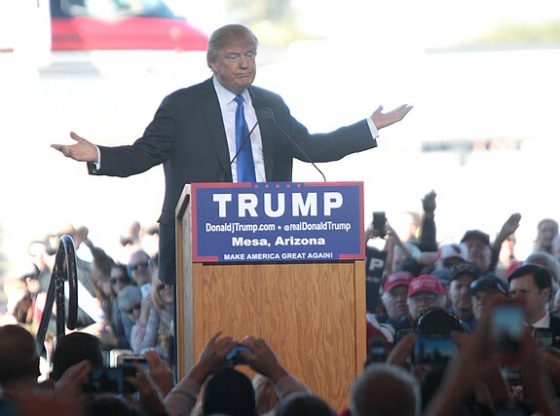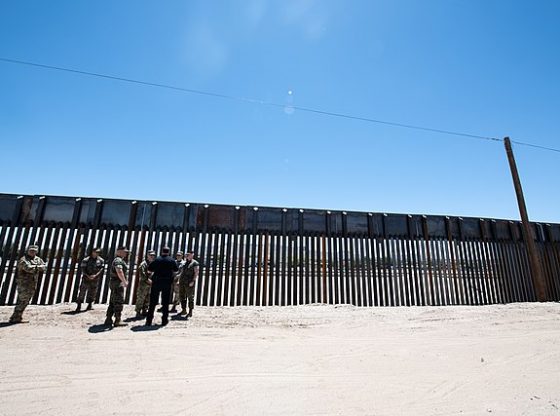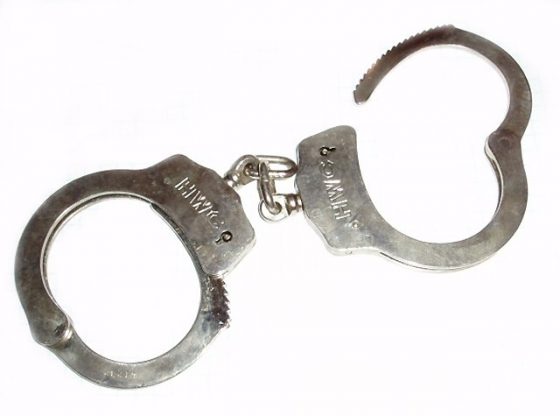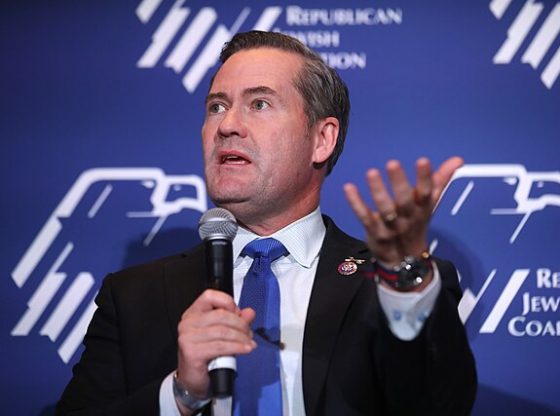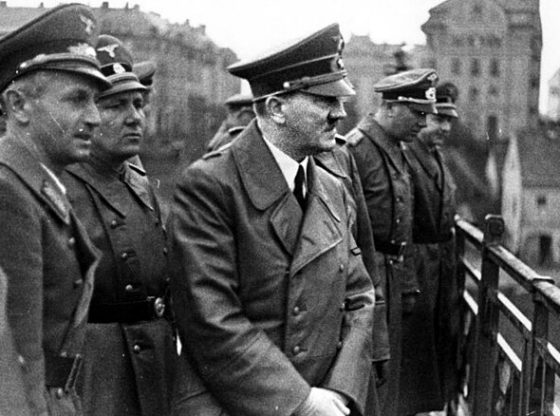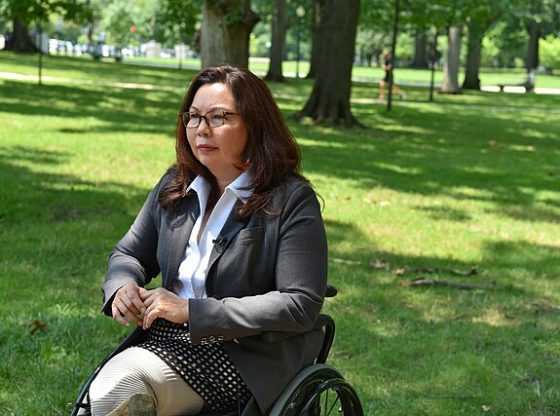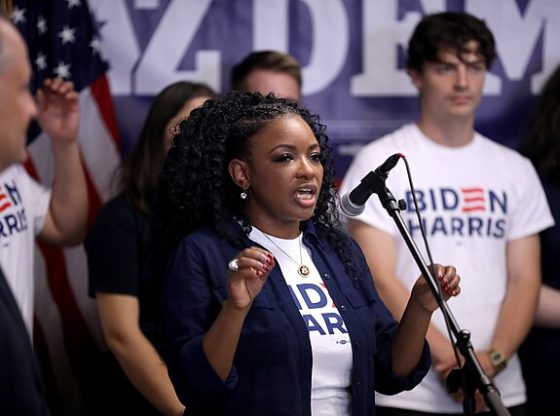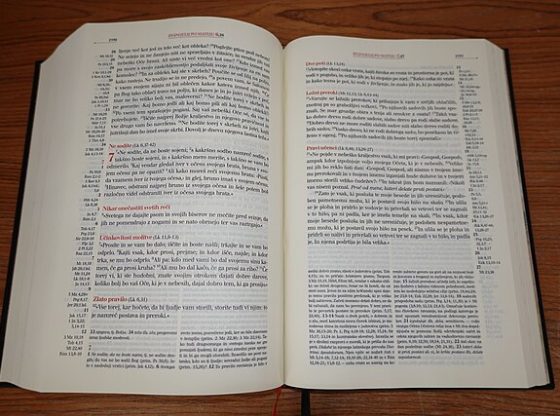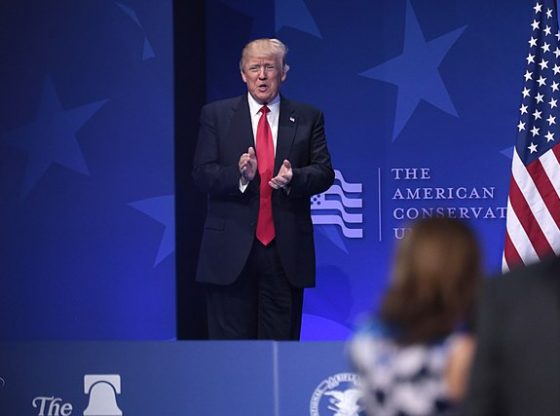A day after reportedly stated he cannot indict President Donald Trump, special counsel Robert Mueller is agreeing to limit the scope of any questions he may ask Trump in an interview.
“He’s eliminated a lot of subjects that would have indicated he was fishing,” Trump attorney and former New York City Mayor Rudy Giuliani tells The Washington Times. “He’s eliminated those and he’s into a much more relevant area where we know the answers and we know the answers really can’t be effectively contradicted.”
Unable to personally accuse Trump of colluding with Russian agents, Giuliani tells the Times he believes Mueller is now trying to pin Trump on charges of obstructing justice by laying what attorneys call a “perjury trap,” in which prosecutors ask a question multiple times using different wording, then accuse the target of lying if he uses different words in his answer.
“I think they are relying more on obstruction and they wish perjury from their point of view than they are on collusion with the Russians. I think every time they’ve gone up the collusion alley it’s gone nowhere. That becomes the biggest obstacle to our testifying. Why are we going to get them to use the president’s word against himself? He’s already given all the explanations that they need to make a decision in his public comments. His comments under oath are not going to be materially different than this public comments. And if they would be we would tell them that. ‘On further reflection, he remembers this and that.’ So far there haven’t been too many further reflections,” Giuliani tells the Times.
Mueller’s offer to limit his questioning comes after he admitted to Giuliani he feels he cannot legally indict a sitting president.
Giuliani “said Wednesday that Mr. Mueller’s investigators told them that he would adhere to the Justice Department’s view that the Constitution bars prosecuting sitting presidents,” The New York Times reports.
“Many legal experts and current and former Justice Department officials believed that Mr. Mueller would follow the conclusions of Justice Department lawyers, who argued during both the Nixon and Clinton administrations that an indictment would interfere with the president’s constitutional responsibilities and powers to run the executive branch,” the Times reports.
Mueller plans to send any recommendation to Congress for possible impeachment proceedings.
If Trump declines to speak, Mueller may issue a subpoena seeking to force the President to testify before a grand jury, setting off what will be a massive legal fight.

